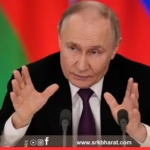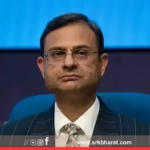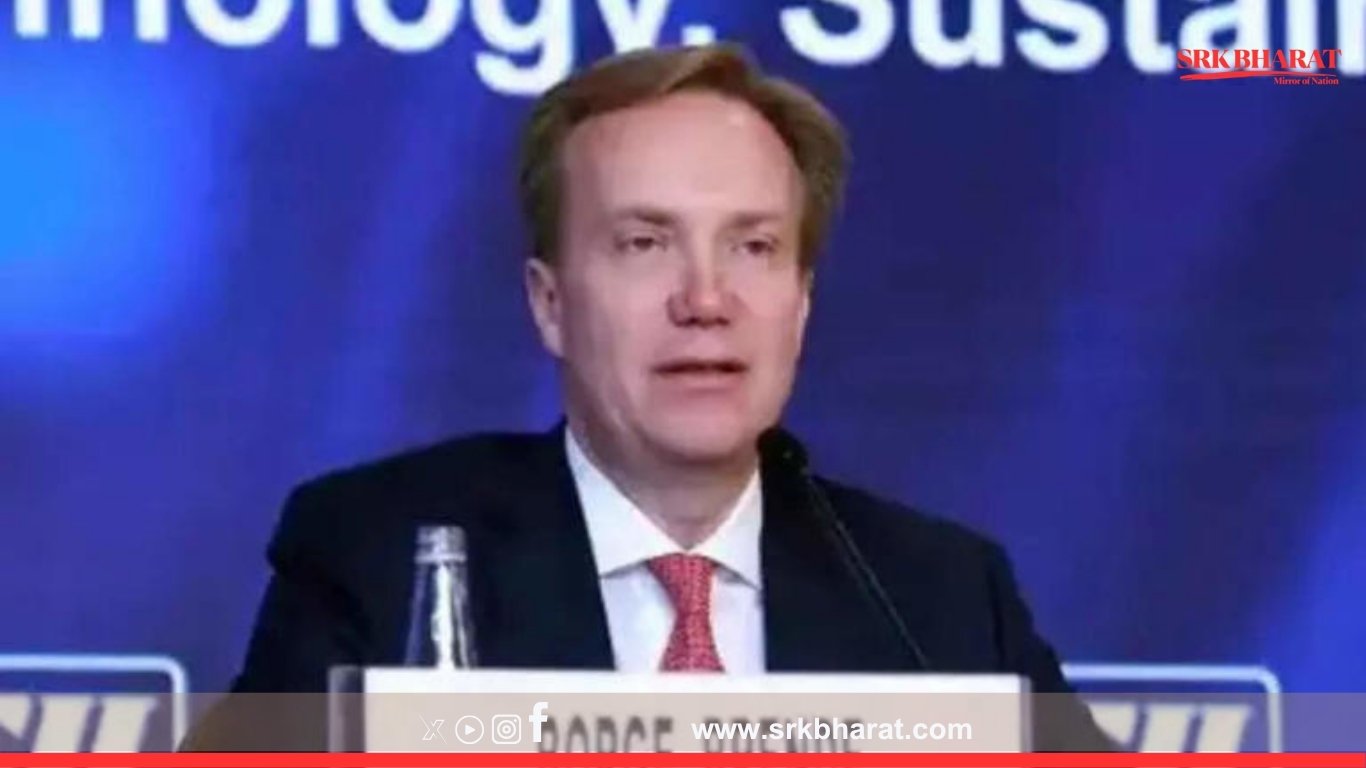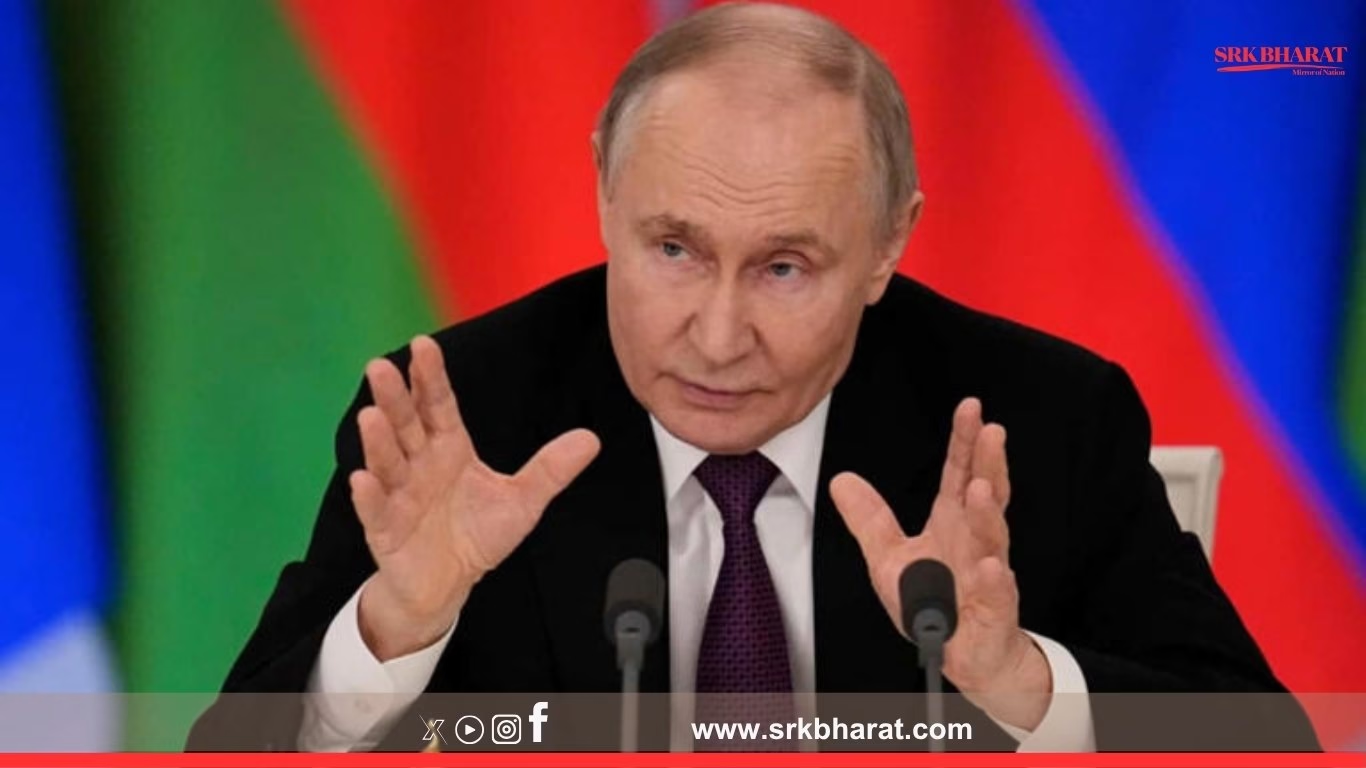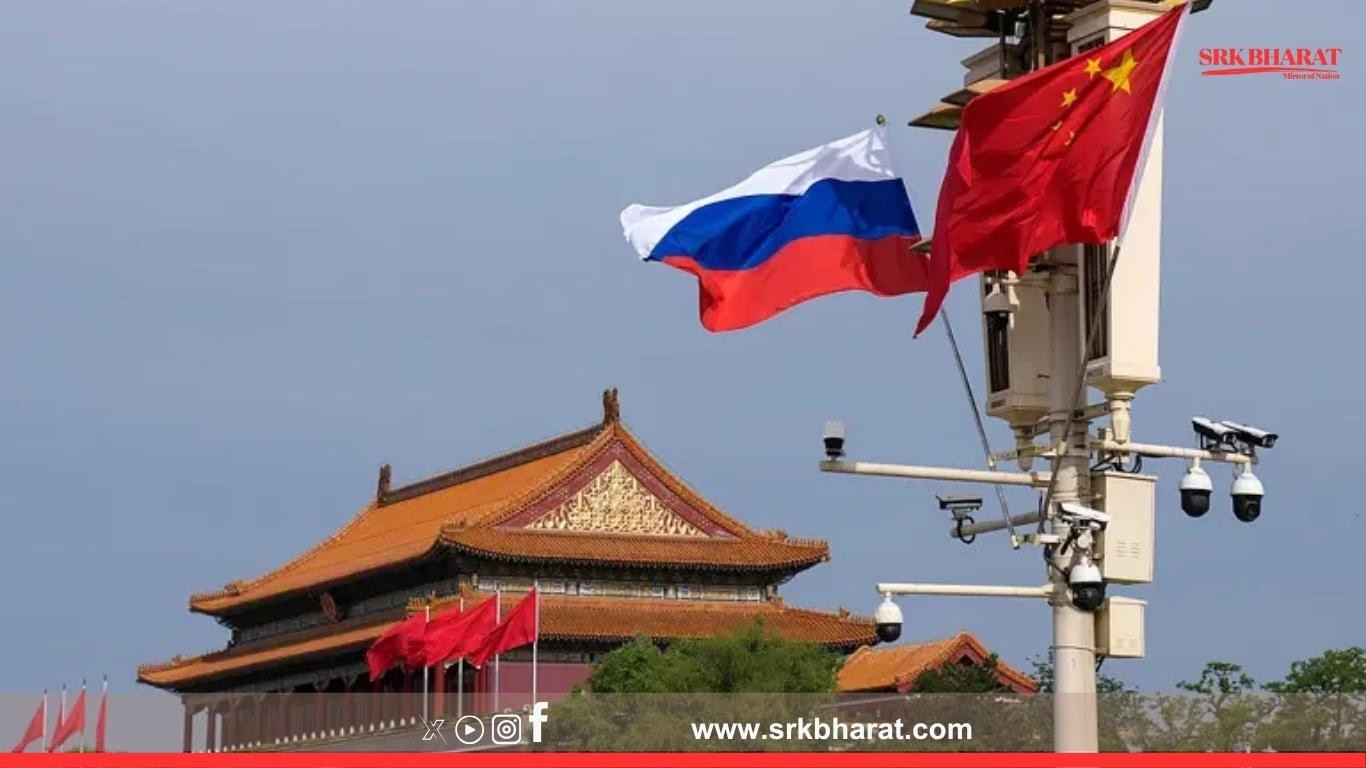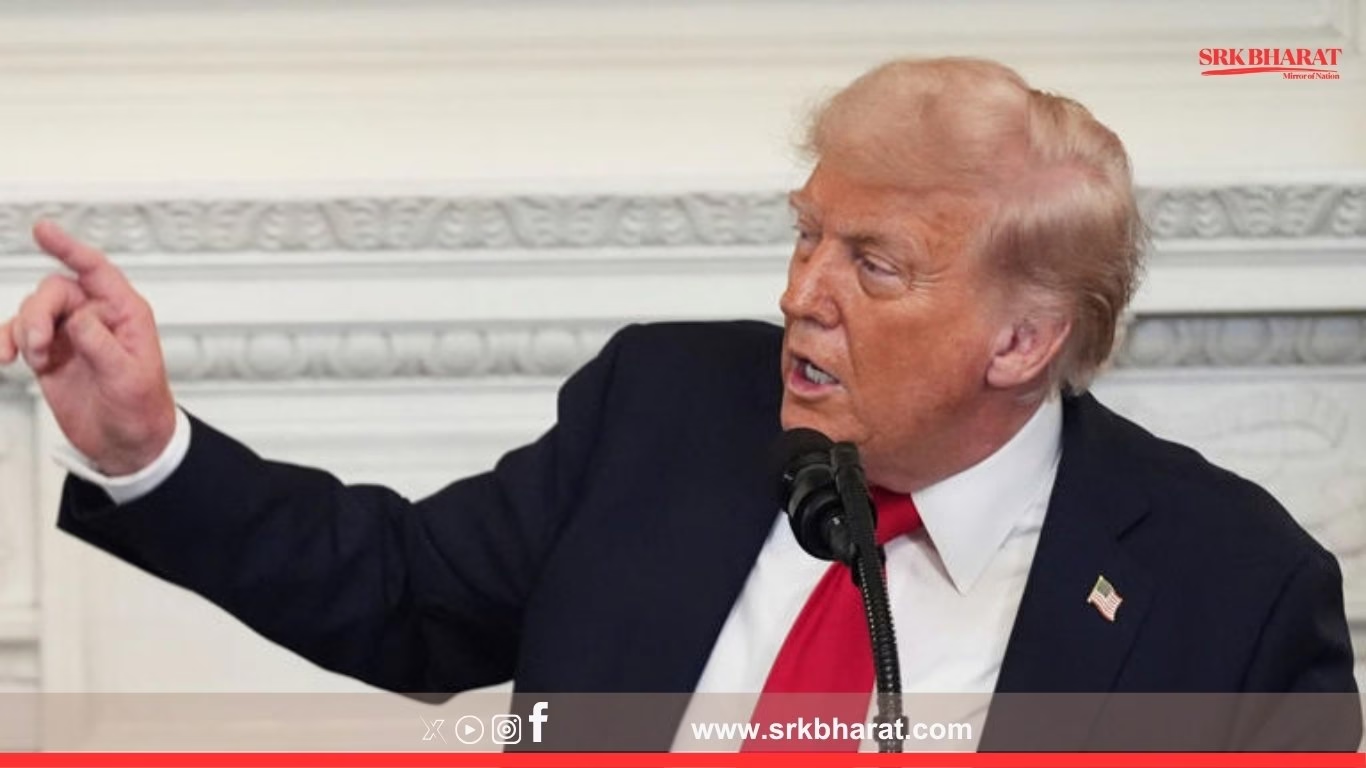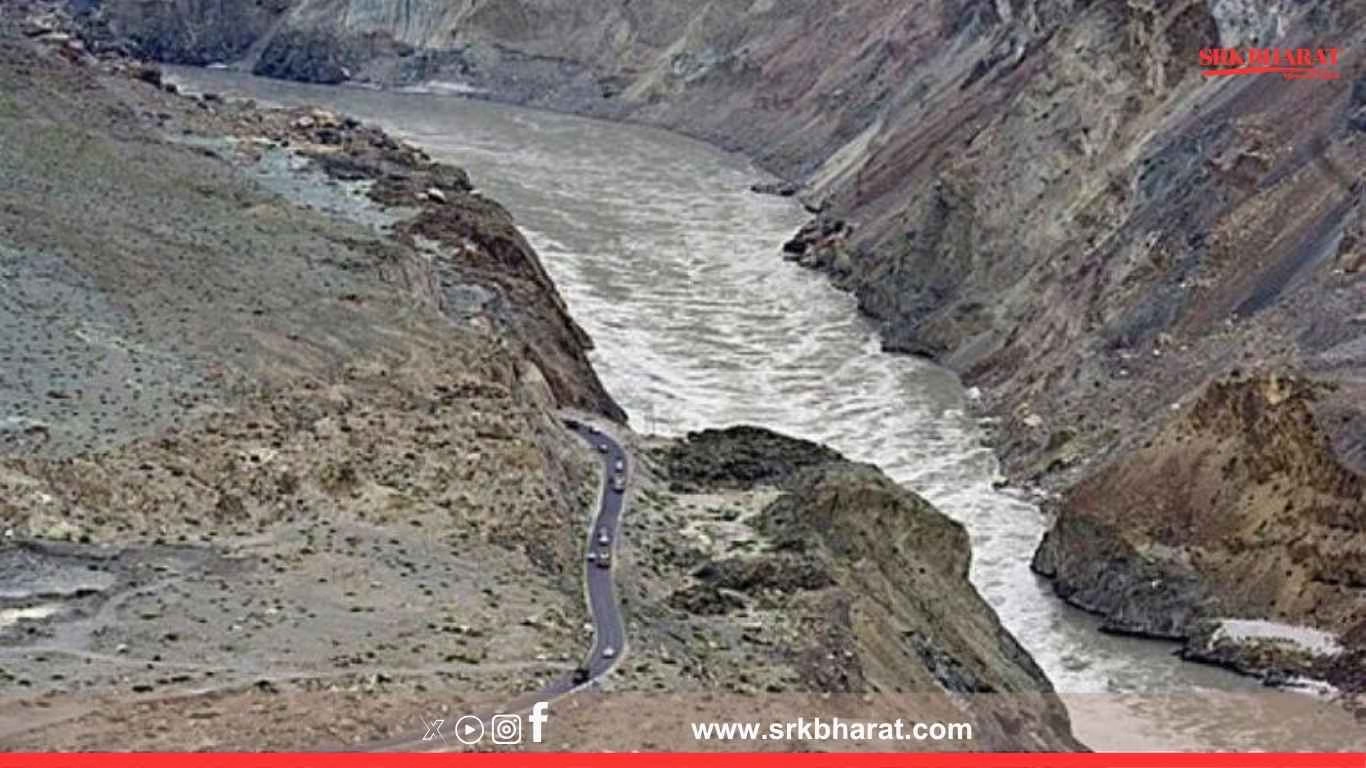At the upcoming World Economic Forum meeting in Tianjin, China, WEF President and CEO Borge Brende warned that the global landscape is confronting the “most complex” geopolitical and geo-economic situation in decades. He cautioned that if global growth isn’t revived, the world could face a prolonged period—potentially a decade—of lower growth as mounting trade tensions and geopolitical conflicts disrupt established economic engines.
Geopolitical Turbulence and Economic Uncertainty
Brende highlighted that escalating trade wars, shifting international alliances, and policy uncertainties are reshaping traditional globalization models. According to him, challenges like the US-China tariff dispute and conflicts in other regions have significantly altered how nations engage in global trade, making recovery more uncertain. He pointed to emerging technologies such as artificial intelligence as potential new growth engines that could mitigate some of the adverse impacts, provided there’s coordinated global action.
A Call for Global Coordination
The WEF’s Tianjin meeting, often dubbed the “Summer Davos,” will bring together global leaders and policymakers—including officials like Singapore’s Prime Minister Lawrence Wong—to discuss strategies for bolstering economic resilience. The agenda is expected to focus on stimulating growth, improving trade frameworks, and reinforcing cooperation among nations to navigate the intricate web of current geoeconomic challenges.
Looking Ahead: Building a Resilient Future
The forum’s conversations aim to forge practical solutions that balance economic recovery with long-term sustainability. Emphasizing that innovation and strategic agility are critical, Brende’s message underscores the urgent need for integrated efforts from governments, businesses, and international institutions. This collective approach is vital to transform today’s uncertainties into opportunities that drive a return to robust growth and stability.
🔁 Share this article to stay informed on global economic trends and explore the insights shaping tomorrow’s policies.

